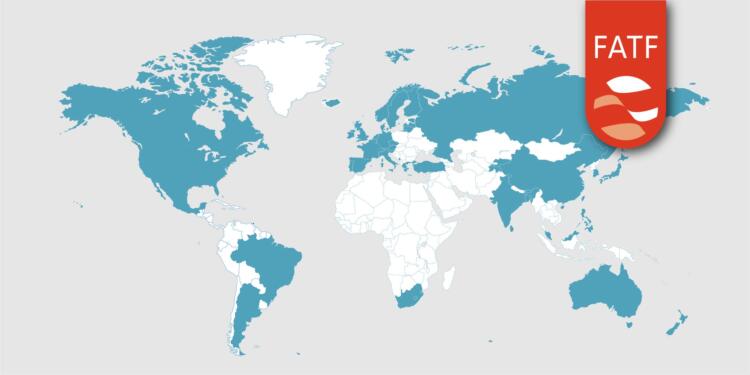The Financial Action Task Force (FATF) hailed India’s anti money laundering efforts to combat financing of terror. It however also noted that “major improvements” were required to strengthen the prosecution in money laundering and terror financing cases.
The 368-page report was released after the assessment was adopted by the Paris-headquartered body at its June plenary meeting. The report, which comes after an on-site visit of FATF experts to India last November, has placed the country in the “regular follow up” category, a distinction shared by only four other G20 countries.
“India achieved a high-level of technical compliance across the FATF Recommendations and has taken significant steps to implement measures to tackle illicit finance. Nevertheless, India needs to continue to improve its system as its economy & financial system continue to grow,” posted FATF on X. Lauding India’s measures, the joint FATF-APG-EAG report added, “India has implemented an anti-money laundering and counter-terrorist financing (AML/CFT) framework that is achieving good results, including on risk understanding, access to beneficial ownership information and depriving criminals of their assets.” a statement in the report said.
It was also noted that improvements in the system were also required to protect the non-profit sector from terror abuse. “India’s main sources of money laundering originate from within, from illegal activities committed within country,” it said, adding the country faced “disparate” range of terror threats, most significantly from ISIL (Islamic State or ISIS) or AQ-linked groups (Al Qaeda) active in and around Jammu and Kashmir.
“India faces serious terrorism and terrorist financing threats, including related to ISIL or Al Qaeda. India as a strong emphasis on disruption and prevention and has demonstrated its ability to conduct complex financial investigations. Nevertheless, the country must continue to improve its system as its economy and financial system continue to grow, in particular ensuring that money laundering and terrorist financing trials are completed and offenders are subject to appropriate sanctions; and taking a risk-based and educative approach with non-profit organisations. The country needs to ensure that measures aimed at preventing the non-profit sector from being abused for terrorist financing are implemented in line with the risk-based approach, including by conducting outreach to non-profit organisations on their terrorist financing risks,” added the report.
The report analyses the level of compliance with the FATF 40 Recommendations and the level of effectiveness of India’s AML/CFT system, and provides recommendations on how the system can be strengthened. India will undergo its next evaluation in 2031.
























